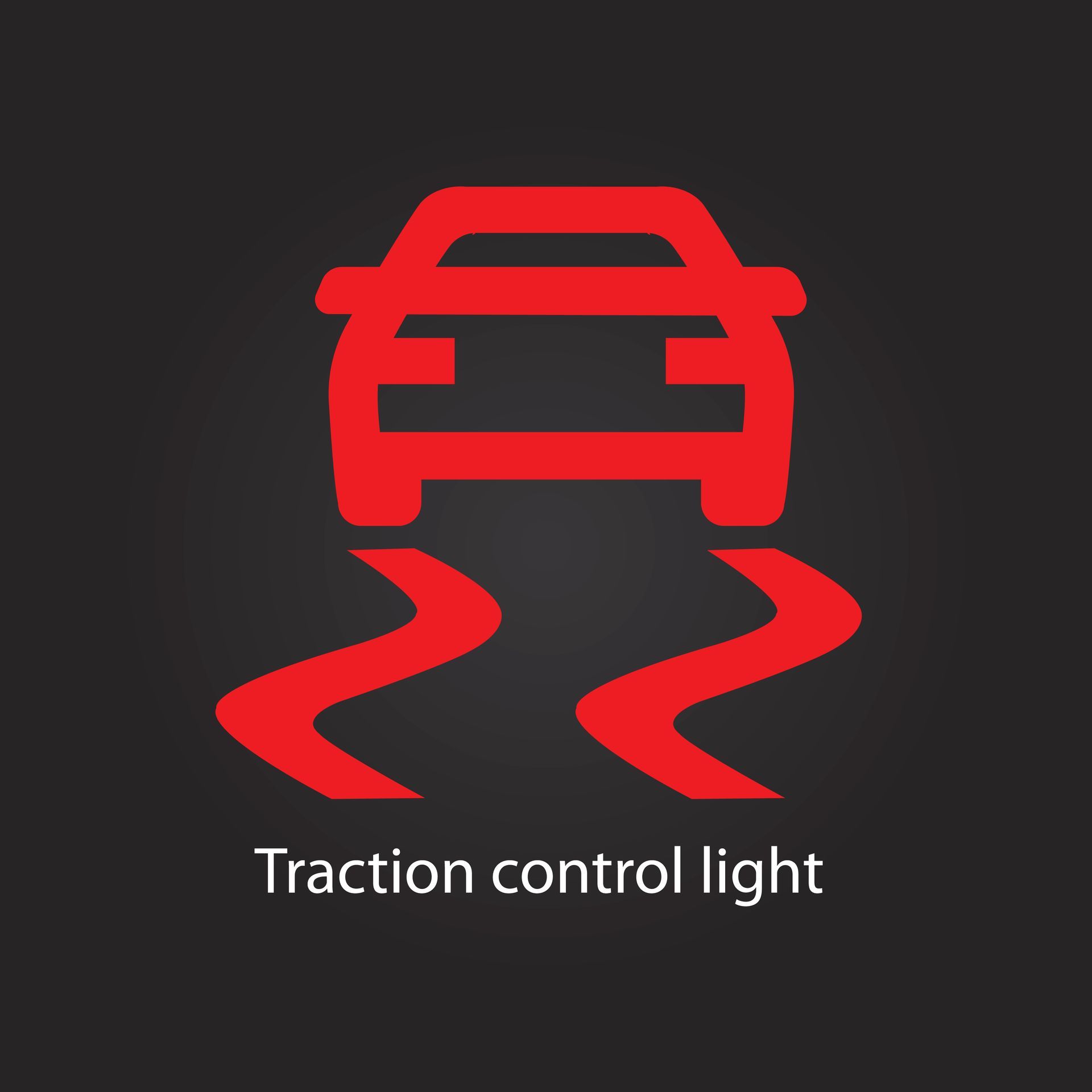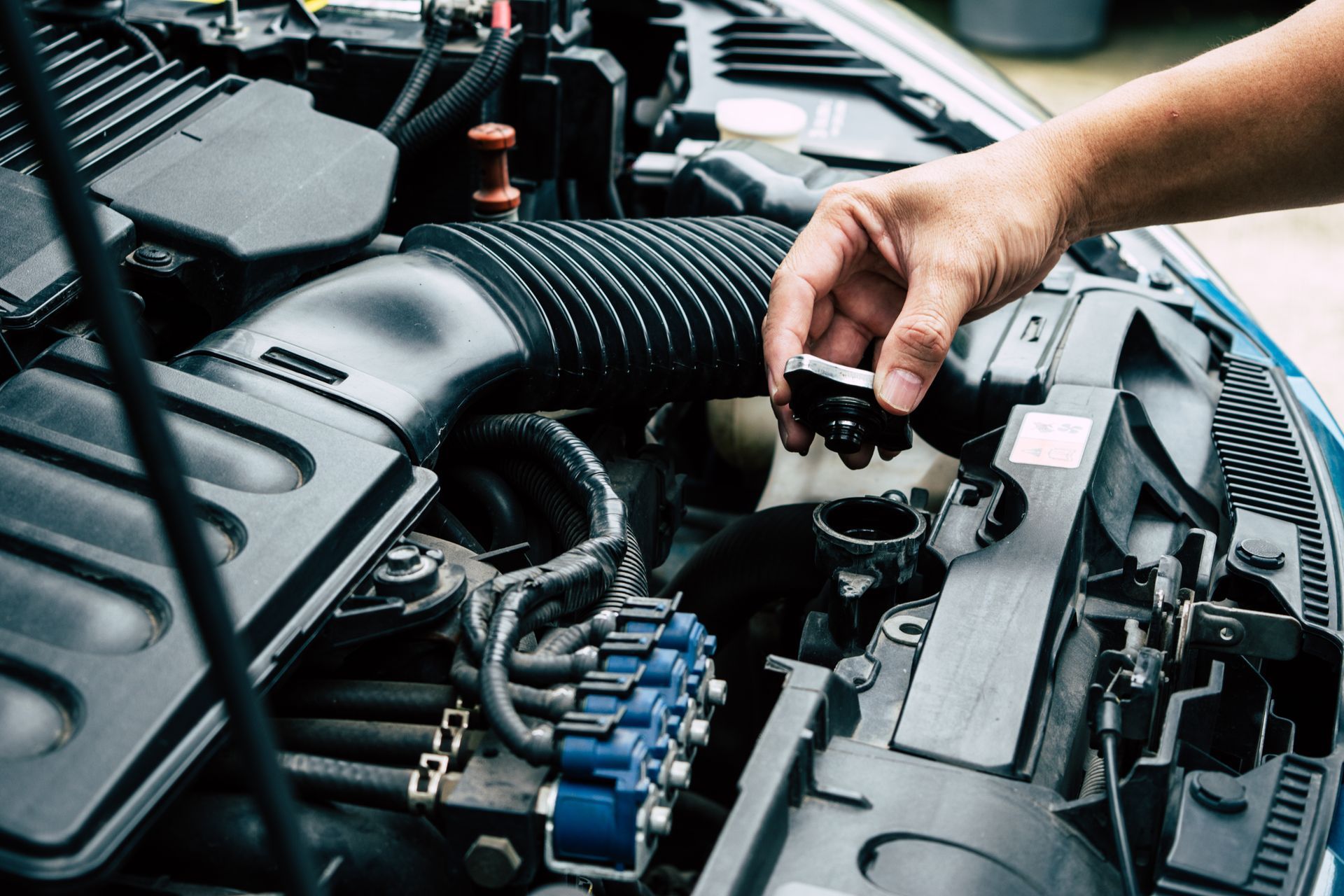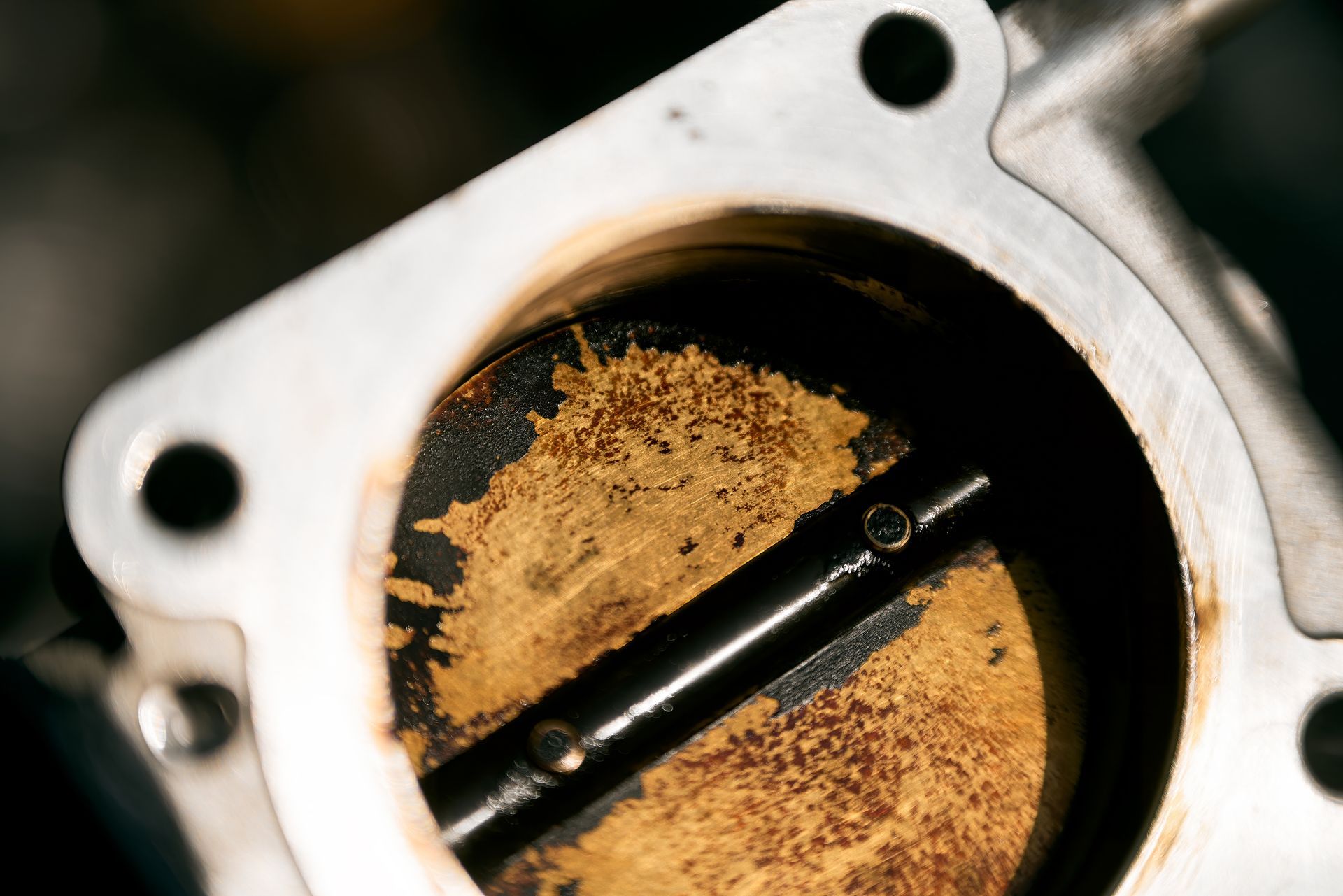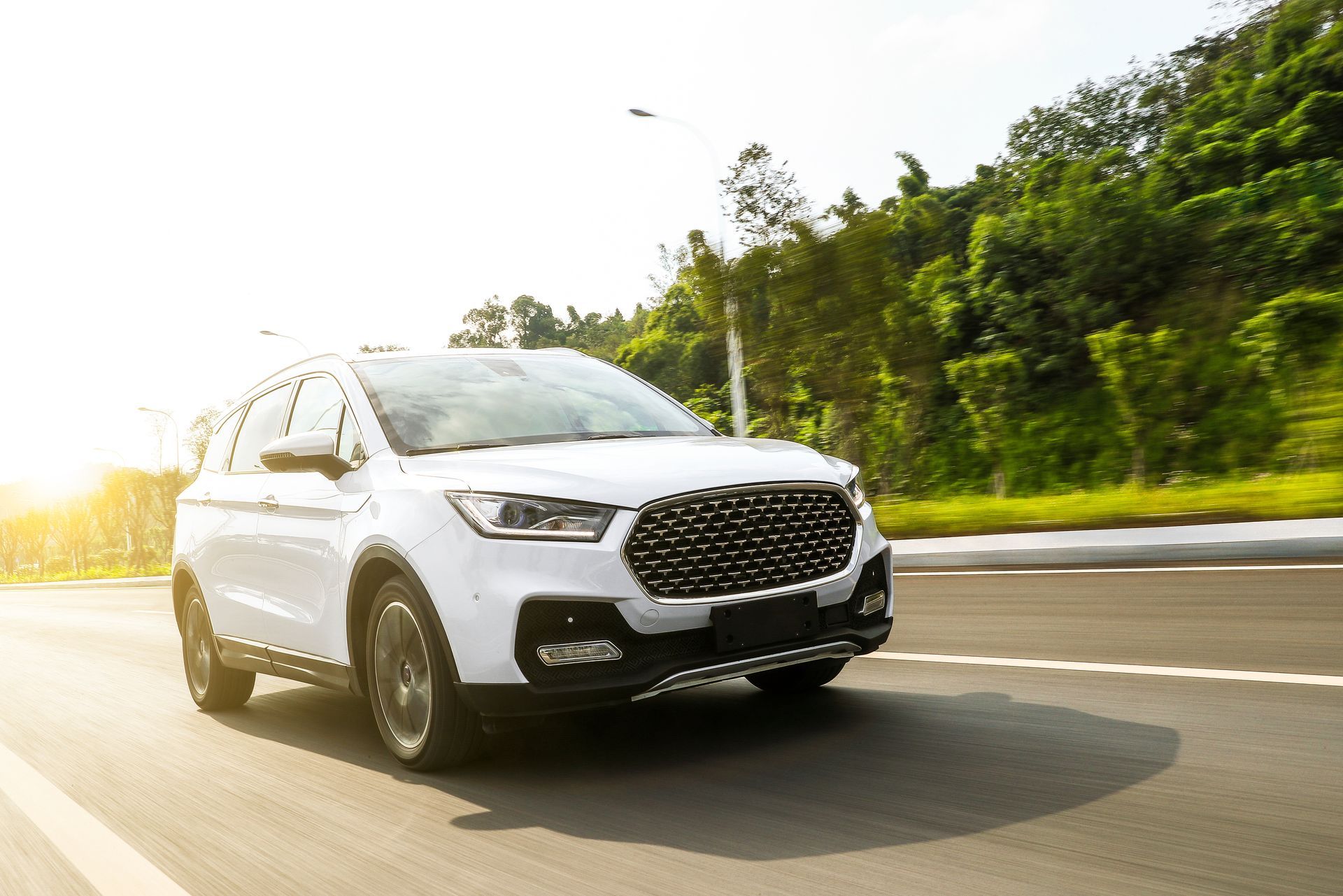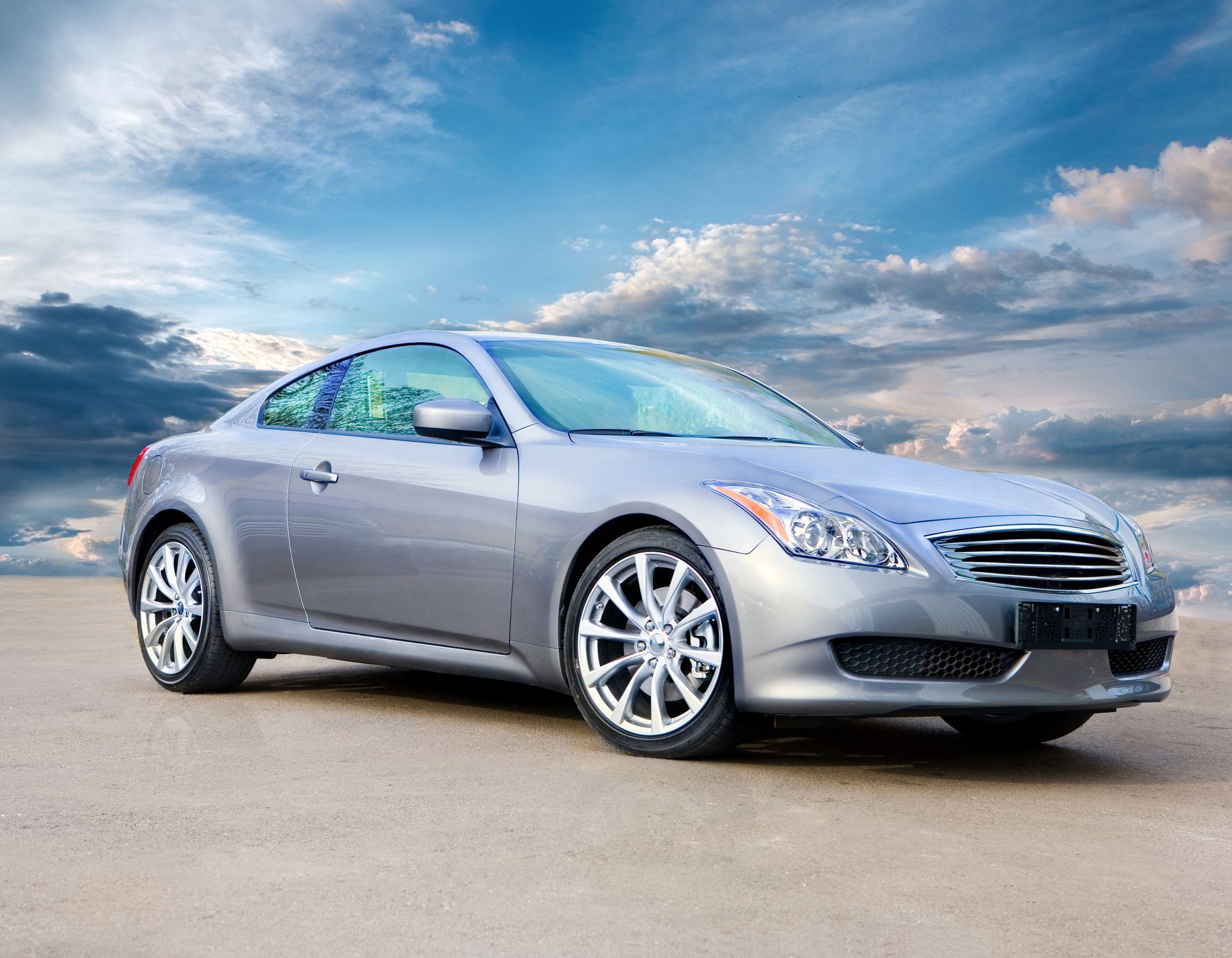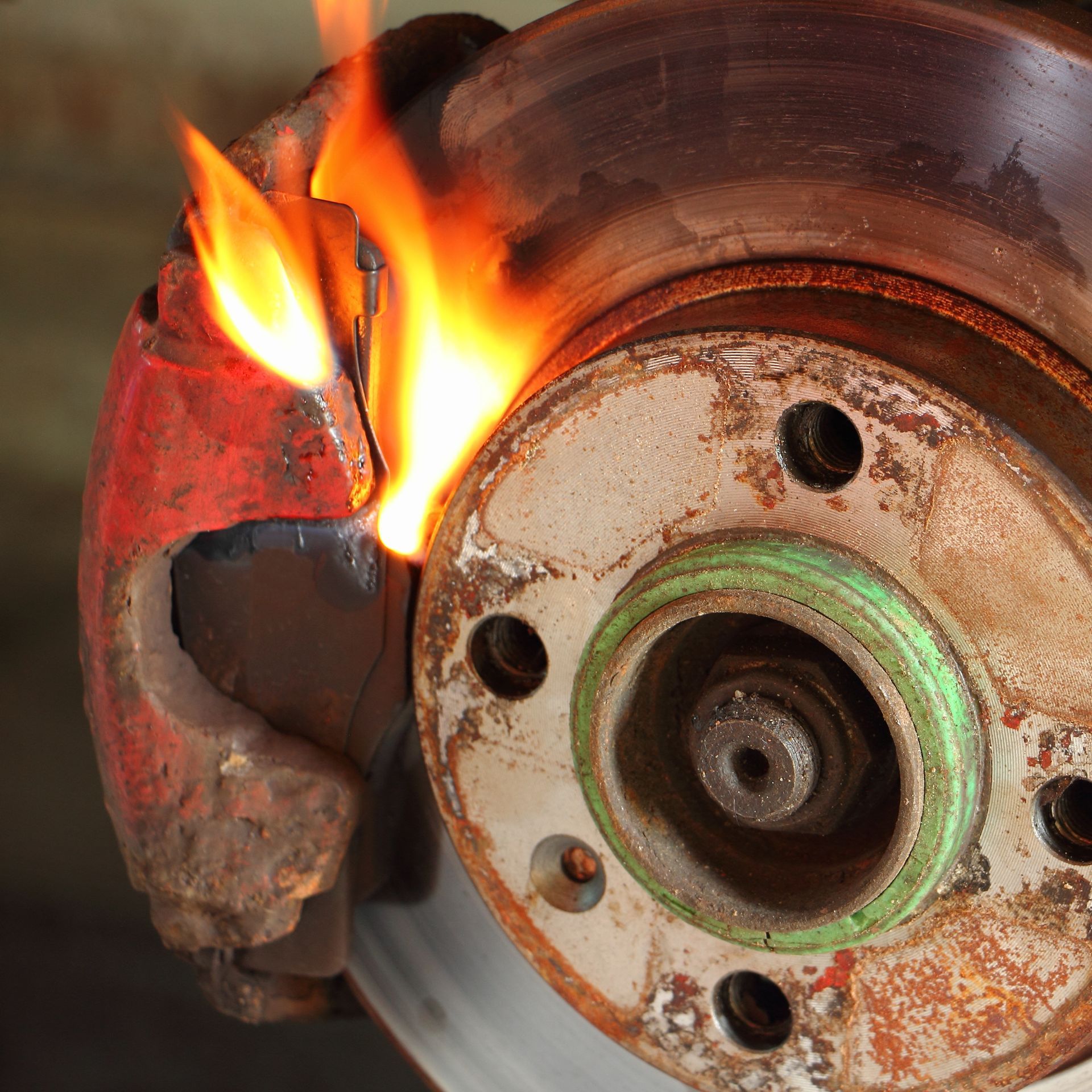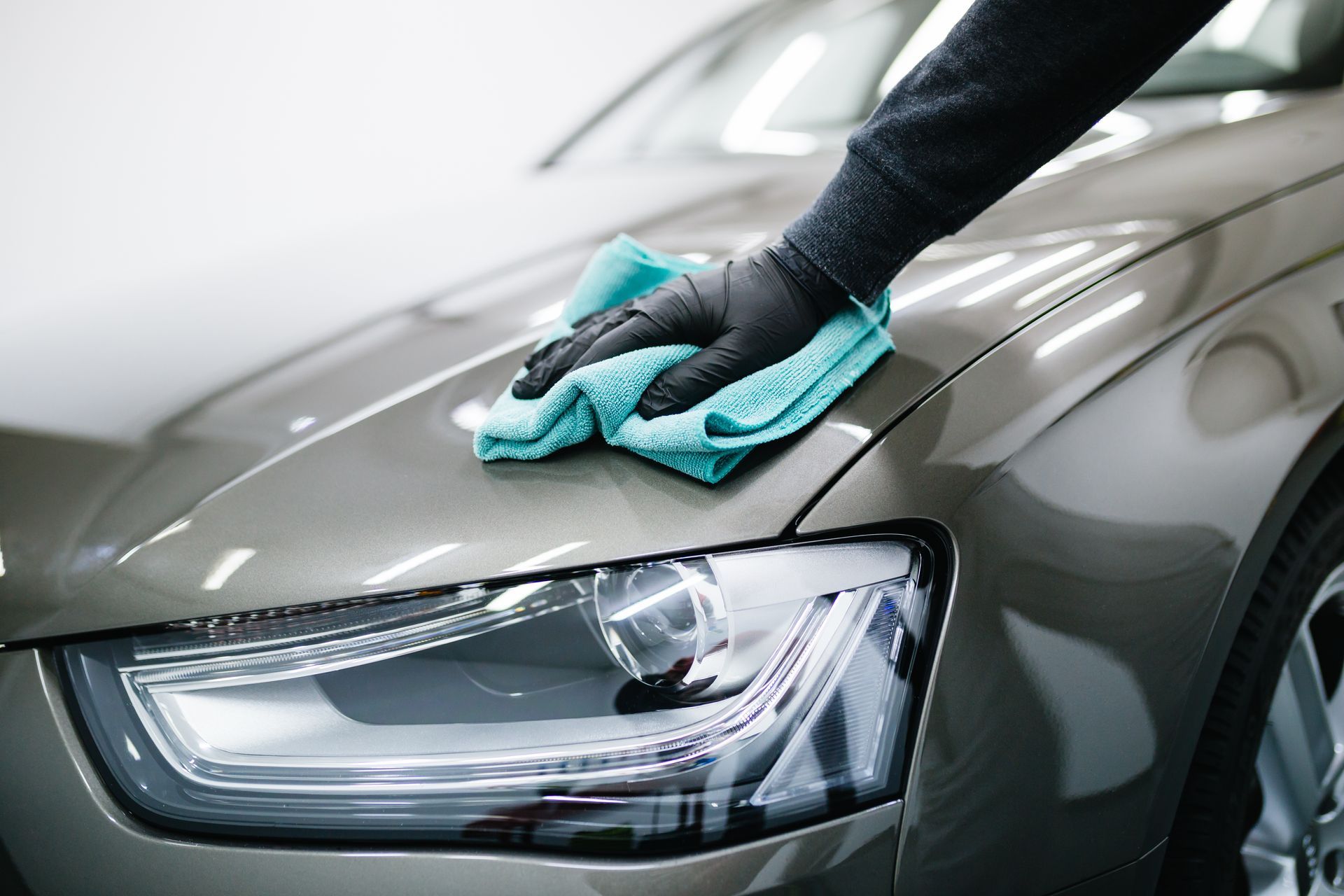Potholes are a common part of driving, especially during the rainy season in Oregon. You see them forming after heavy storms or sudden cold snaps, and sometimes they’re hard to avoid. But what might feel like a quick jolt through your steering wheel can leave a bigger mark on your vehicle than you expect.
One of the most common issues we see after pothole impacts is poor wheel alignment. It’s not always obvious right away, but over time, misalignment caused by potholes can lead to uneven tire wear, poor handling, and a bumpy ride. If you’ve hit a few deep ones recently, here’s how it could be affecting your alignment.
What Is Wheel Alignment
Wheel alignment is the process of adjusting the angles of your wheels so they meet the road at the correct position. These angles affect how your car handles, how evenly your tires wear, and whether your vehicle drives straight.
There are three main angles that are adjusted during an alignment:
- Camber: The tilt of the wheels inward or outward from a front view
- Toe: The angle at which the tires point inward or outward when viewed from above
- Caster: The angle of the steering pivot point from the side view
When these angles are off, even slightly, it changes how your tires contact the road. That’s where problems begin.
How Potholes Throw Off Your Alignment
The sudden impact can bend or shift suspension components when your car hits a pothole. Even a small misalignment in one wheel can affect the others, and it doesn’t always take a big hit to do it. A pothole can knock the control arms, tie rods, or struts out of their original position, changing how the tires sit.
The force of a pothole is similar to hitting a curb, and if your tires bounce or drop into a deep hole at speed, it’s more than enough to shift alignment settings out of spec.
Signs Your Car's Alignment Is Off
If you notice any of these symptoms after a pothole hit, it’s worth having your alignment checked:
- Your steering wheel isn’t centered even when driving straight
- The vehicle pulls to one side
- You feel a vibration in the wheel or a shake at certain speeds
- Tires are wearing unevenly, especially on the inner or outer edges
- You’re constantly making small corrections to keep the car straight
These signs may appear gradually, but they often follow a noticeable impact. If your steering suddenly feels different after a hard bump, don’t wait to have it inspected.
Long-Term Impact of Misalignment
Misaligned wheels don’t just make the car harder to drive. They also put more stress on your tires, suspension, and even your fuel economy. Tires wear out faster and unevenly, which means more frequent replacements. A misaligned vehicle can also place strain on steering components, leading to earlier repairs.
If left unchecked, misalignment can also reduce traction, especially in wet weather. That makes it harder to stop quickly and increases your risk of sliding in corners or during emergency braking.
Regular Alignment Inspections
Many alignment problems aren’t visible from the outside.
You might not see any obvious damage, but even a slight shift can affect performance. That’s why it’s smart to have your alignment checked routinely, especially after a harsh winter or spring when potholes are everywhere.
At Mountain Tech, we use precision alignment equipment to measure your vehicle’s angles and adjust them back to factory specifications. Even if your car feels mostly fine, an inspection can catch small issues before they become costly.
Mountain Tech – Alignment Experts in Oregon City, OR
If a pothole has left your car feeling off, let the team at
Mountain Tech take a closer look. We help Oregon City drivers stay safe and extend the life of their tires and suspension with accurate alignment service. Stop by our shop and we’ll make sure everything’s pointing straight again.



